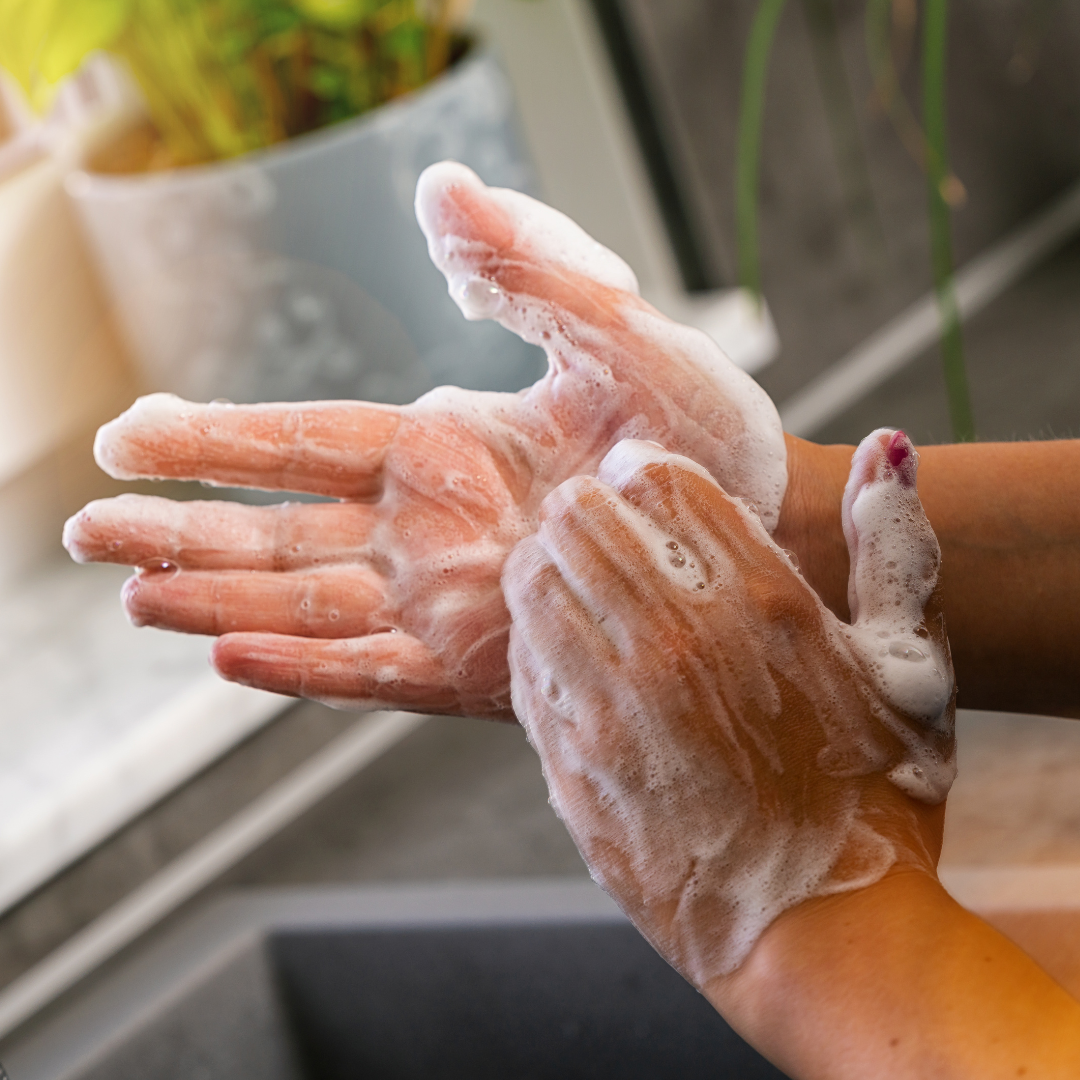Vitamin C is Standard in Skincare
By now we all know that vitamin C provides serious performance in skincare. It is an A-list superstar and shows some major diva-ish behavior. If vitamin C was a person, it would be someone like a Beyoncé, Jennifer Lopez or Mariah Carey. An A-list superstar, right? So, let’s just take a quick look where vitamin C comes from. By the 18th century sailors noticed that if they eat plenty of citrus fruits it helps to prevent scurvy. An ugly disease that causes bleeding gums and other bad things due to vitamin C deficiency. At that time, they had no clue that it was the inside of the citrus fruits that helped. Scientists managed to figure in the 1930s what vitamin C is. Since then, it’s been a much researched, vitamin that has turned out to have tremendous health benefits not only for our body but also for our skin
Vitamin C can boost the collagen production of your skin helps. It’s primarily a water-soluble antioxidant in our tissue and plays a big role in the complicated process where our skin creates new skin-firming collagen. Collagen is complicated but the most important thing to know about it is that it helps to keep our skin firm and wrinkle free. Many studies on vitamin C skincare products throughout the years have shown significant improvement in skin hydration, wrinkles, glare, brown spots, and skin density. Helping your skin to make extra collagen is always nice and vitamin C is one of the very few ingredients that is proved to do so in peer reviewed studies.
So, it’s good to have plenty of vitamin C in our body and in our skin but the trick is that our body cannot make it for itself. Did you know some animals like mice can make their own vitamin C? We must take it entirely from outside sources. Citrus fruits, black currants, red pepper, or guava are examples of awesome vitamin C rich foods that you should eat regularly. Did you know that eating vitamin C does not help our skin to have high levels of it? And when the sun shines upon us or when we face environmental pollution, it is also not good for the vitamin C levels in our skin. There are some tips and tricks that help to stabilize vitamin C. There are some other ingredients that help to stabilize it. Protecting the formula from air and light is super important. The best way to do this is with totally airless packaging or keeping your product sealed tight in a dark dry kitchen cabinet. The good news is putting vitamin C cream or serum on our skin helps.
Quick Facts:
- Works best between a concentration of 5-20%
- Boosts the skin’s own collagen production
- Fades pigmentation and brown spots
- If used under sunscreen it boosts its UV protection
- Extremely unstable and oxidizes very easily in presence of light or air
- Stable in solutions with water only if pH is less than 3.5 or in waterless formulations
- Vit E + C work in synergy and provide superb photoprotection
- Ferulic acid doubles the photoprotection effect of Vit C+E and helps to stabilize Vit C
- Potent Vit. C serums might cause a slight tingling on sensitive skin
Until next time, let’s continue this skincare journey together.



Leave a comment
All comments are moderated before being published.
This site is protected by hCaptcha and the hCaptcha Privacy Policy and Terms of Service apply.